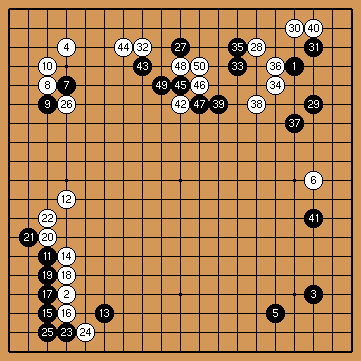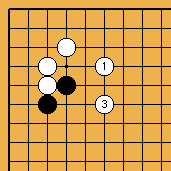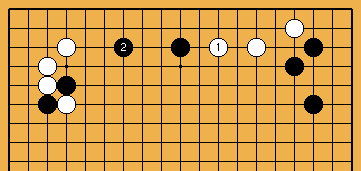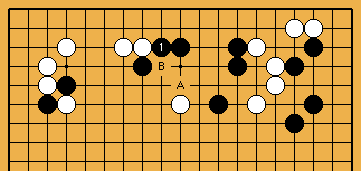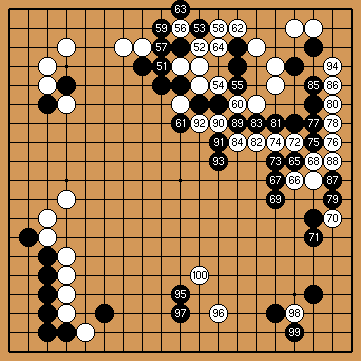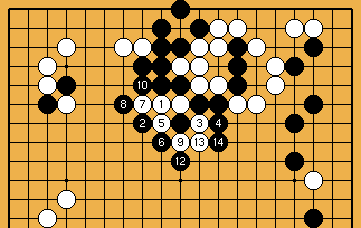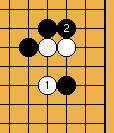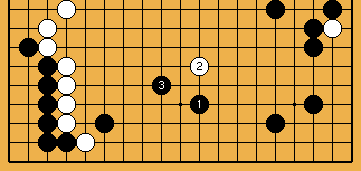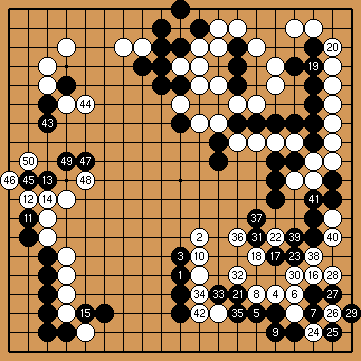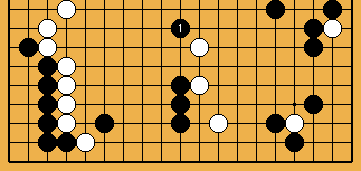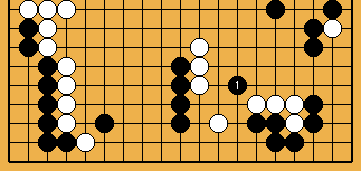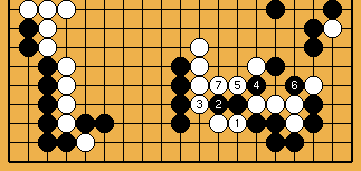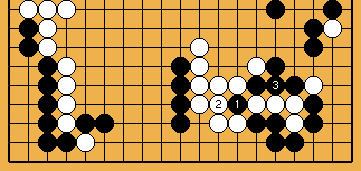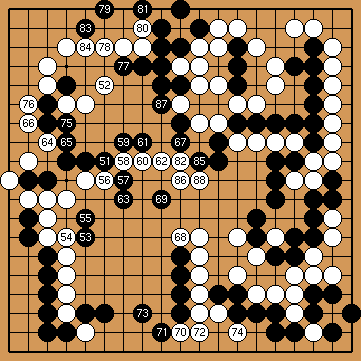
Well, to be honest I feel embarrassed. Korea now has won both the first and the second Toyota-Denso Cup (=World Oza). I hope that next year a player from Japan will lay hands on the title.
With trembling hands, which did not seem to know where to go Chang Hao watched the board, witness of his defeat, in state of shock. Only yesterday it was his opponent Lee SeDol who by losing the second game of the match was visibly shaken badly and perhaps on the verge of a nerves break down judging by his unsteady eyes and nervous posture. It is safe to say that when such a high-level pro game like this is finished both players are out of touch with the world around them for a period of time. At that moment to have won is the perfect medicine to get back to earth fast and feel good and sure about everything and especially your own achievement. On the other hand, in this fragile state of mind to accept a negative result is harsh and probably enough reason to doubt everything and, if only for a moment, close to become unhinged.
Being a go pro is not only about being skillful at the game. It is the mental strength to stay focused during a game and the power to keep yourself together regardless the result.
The Chinese team still on a high from yesterday's
victory cheerfully greets the referee of the final match
"Hey, Iwata, how long has it been? About 40 years since
the last time you came to visit us. Come on, don't be
bashful, here sit down in the middle" a chair was made
ready and tea was brought for the oldest active pro
and the most respected one in Nagoya, Iwata Tatsuaki
9p. He was one of Kitani's pupils in the early days of
the most successful dojo of the 20th century. Although
Iwata sensei is almost 80 years old he's still very
strong. All the same, when I asked a younger pro about
Iwata's playing strength he confided that Iwata does
not have the energy anymore to sit through a long game
so he tries to play fast and decide the game within
a couple of hours. The time allowance for pro's in
Japan is getting shorter and shorter, adapting to the
international go-scene. I guess that eventually most
pro games are likely to end up with 3 hours per person.
For now, however, there are still games played with 5
hours per person (or longer for two-day top games) so
sometimes games can go on until late at night.
The three Chinese pro's and 2 newspaper reporters are
sitting around one of the boards in the pressroom
where I decided to spend the day of the third game.
Originally, I intended to also have a look at the local
ki-in to listen to Hane Naoki analyzing. Finally,
however, some Japanese strong pro's (Nakano 9p,
Yamashiro 9p, Shimojima 7p) decided to get from behind
their PC's and join the fun. So instead of trying to
catch what the Chinese pro's and the Korean delegations
are talking about I now could listen in with the local
talent.

